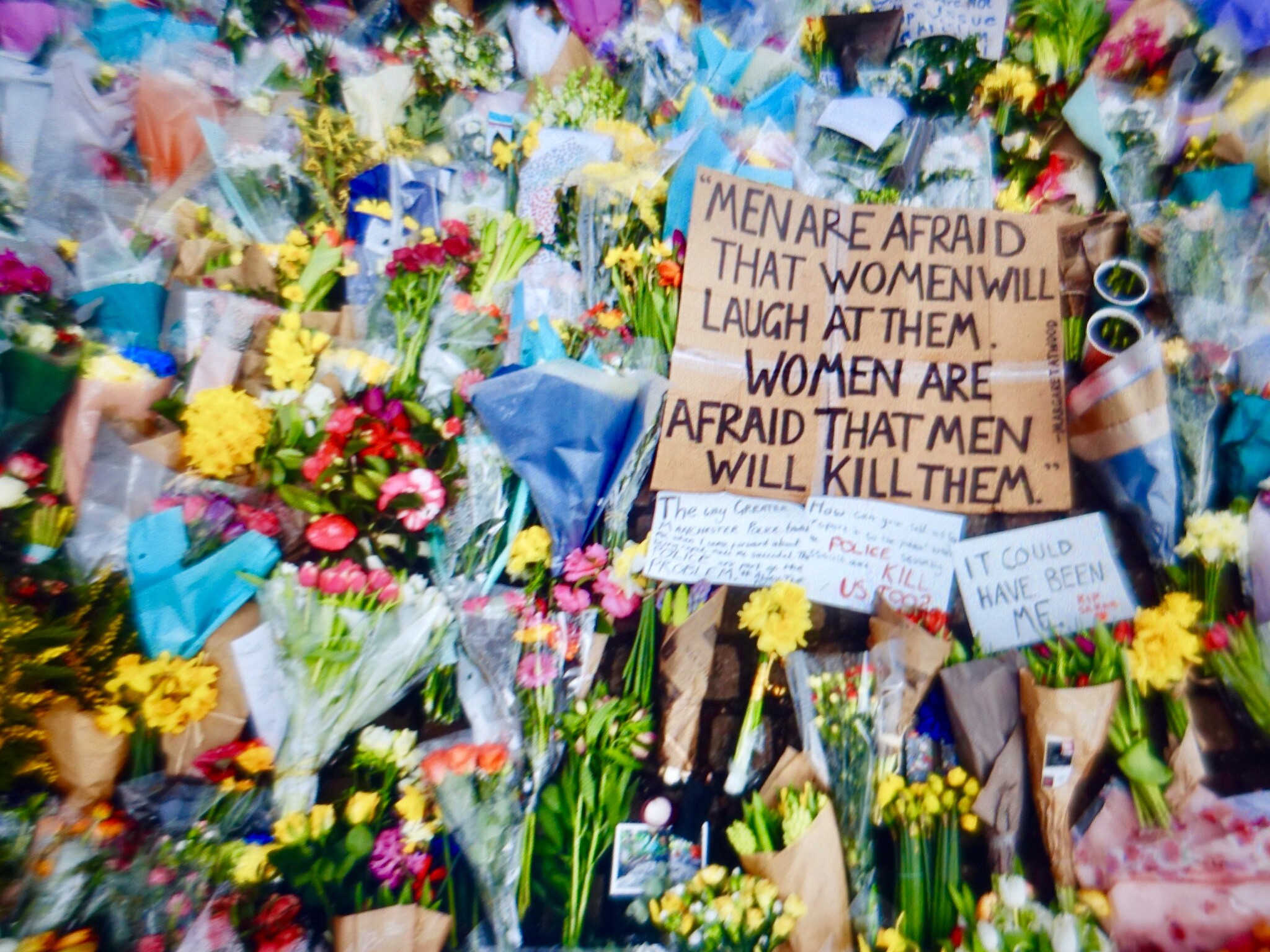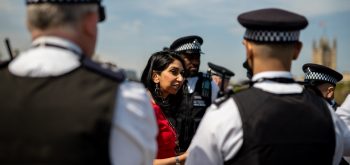The Divisional Court has ruled that the Metropolitan Police’s handling of a planned vigil in commemoration of Sarah Everard and in solidarity against violence against women and girls breached its organisers’ right to protest. As previously reported by The Justice Gap, the founders of the campaign group Reclaim These Streets launched judicial review proceedings against the Met in January after being forced to cancel the planned vigil under threat of a £10,000 fine and possible prosecution by the force.
A judgment handed down this morning has confirmed that the Met’s decision-making did not adequately assess the potential risk to public health and breached the organisers’ rights to freedom of expression and association under Articles 10 and 11 of the European Convention on Human Rights.
‘Today’s judgment is a victory for women,’ said solicitor Theodora Middleton on behalf of Reclaim These Streets. ‘Last March, women’s voices were silenced. Today’s judgment conclusively shows that the police were wrong to silence us.’
‘Every step of the way there was just condescension and disrespect and [the police] were telling us their hands were tied. We hope that the new commissioner is a visionary who really prioritises getting rid of the systemic racism, sexism and homophobia in the force.’
In a summary of the ruling, Lord Justice Warby stated that ‘none of the [force’s] decisions [were] in accordance with the law.’
‘The evidence showed that the [Met] failed to perform its legal duty to consider whether the claimants might have a reasonable excuse for holding the gathering, or to conduct the fact-specific proportionality assessment required in order to perform that duty.’
The Divisional Court also found that the Met erred in law by refusing to take account of the nature of the claimants’ cause, and by refusing to consider whether enforcement of the restrictions would be ‘necessary and proportionate in pursuit of the legitimiate aim of protecting health.’ During the judicial review proceedings, the force had previously defended their decision-making on the basis that there was no relevant exception for protest in coronavirus regulations at the time of the proposed vigil, and that it had ‘no obligation to assess the public health risk.’
In a statement after the ruling, the Met’s Assistant Commissioner Louisa Rolfe acknowledged that the force was ‘considering very carefully’ whether it should appeal the court’s decision.
‘The Met is mindful that this judgment has potential implications in other circumstances for how a proportionality assessment is to be carried out when considering enforcement action,’ said Rolfe. ‘This may apply beyond policing the pandemic. Even in the context of the regulations that kept us safe during the pandemic, this may have important consequences.’
‘The Met unreservedly endorses the principle that fundamental freedoms, such as those exercised by the claimants in this case, may only be restricted where it is necessary and proportionate for a lawful purpose.’








